Keywords: Australian Institute Of Health And Welfare
-
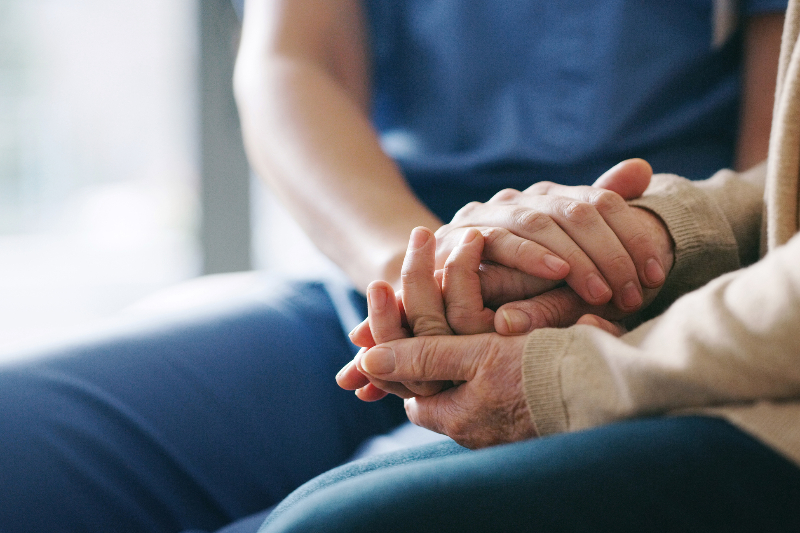
AUSTRALIA
- Frank Brennan
- 15 September 2021
22 Comments
The Queensland parliament, like the Victorian parliament four years ago, is committed to legislating for voluntary assisted dying. The bill being considered by the one-chamber Queensland parliament this week basically follows the contours of the Victorian legislation. But there are three major developments proposed that are very worrying in this new field of social experimentation.
READ MORE 
-

AUSTRALIA
- Andrew Hamilton
- 15 September 2021
7 Comments
A striking feature of the Australia’s path through Coronavirus has been the coming out of epidemiologists and social biologists. From being little known members of small institutes they became rock stars, invited to press conferences, deferred to by politicians, selectively chosen for comment by the media, but also resented by representatives of big business and defenders of individual freedom.
READ MORE 
-
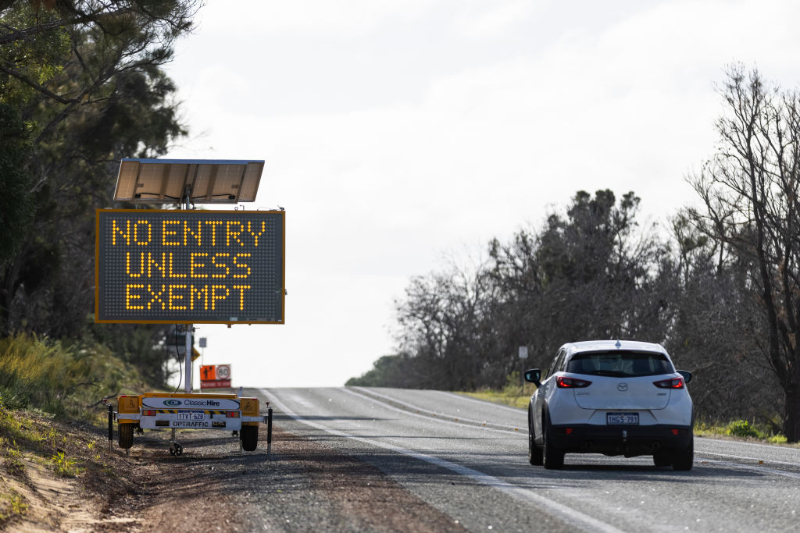
AUSTRALIA
- Frank Brennan
- 09 September 2021
5 Comments
Clive Palmer is one Australian wanting to smash border restrictions during this time of pandemic. He is threatening to go back to the High Court seeking recognition of his right as an Australian citizen to travel freely between the States. In particular he claims the right to enter Western Australia where he has significant mining interests.
READ MORE 
-
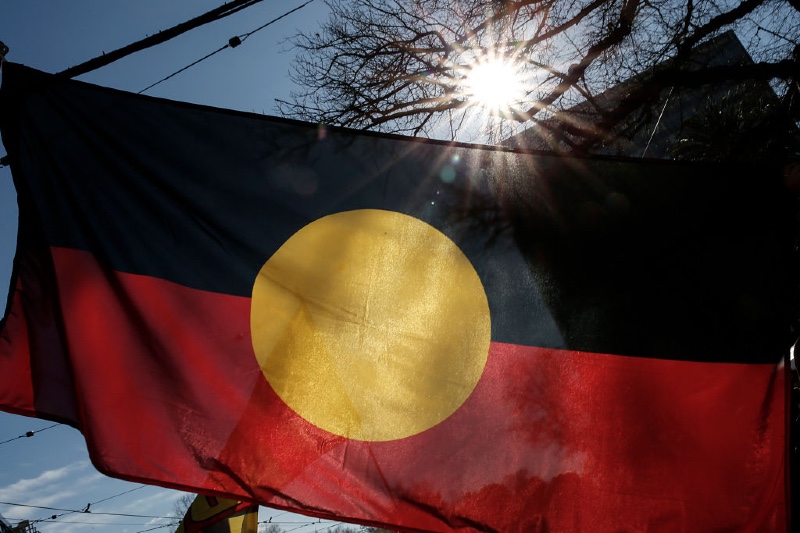
FAITH DOING JUSTICE
But it is possible the members of the Plenary could begin to hear a deeper voice speaking in their hearts. There may arise a new courage to start a process of truth and reconciliation, reporting the process of this journey to the second Plenary Council planned for Sydney, July 2022. We can only begin that journey if members of the Plenary Council come and are open to listening to that deep inner voice.
READ MORE
-
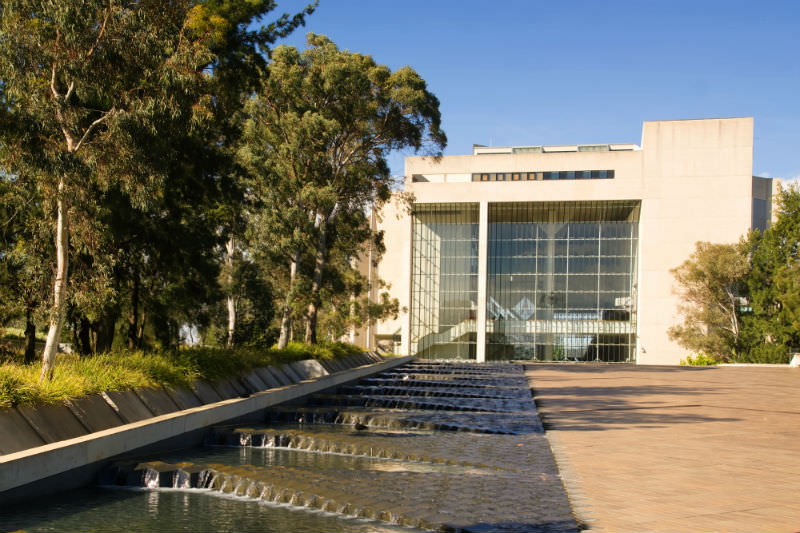
AUSTRALIA
- Frank Brennan
- 24 June 2021
11 Comments
Who’d have thought that during Refugee Week, Australia’s highest court would endorse the Parliament’s view that our non-refoulement obligations under the Refugee Convention and the Convention Against Torture were now an irrelevance.
READ MORE 
-
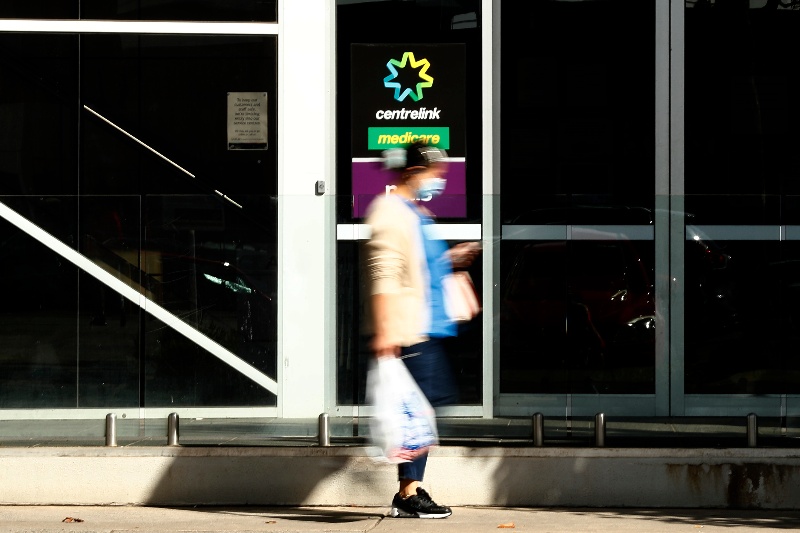
AUSTRALIA
- Ursula Stephens
- 01 April 2021
1 Comment
At the beginning of the Covid-19 pandemic, the government reassured Australia ‘We’re all in this together’ but the truth is that the end of JobKeeper and the Coronavirus supplement payments will leave more than 2.6 million people in poverty.
READ MORE 
-
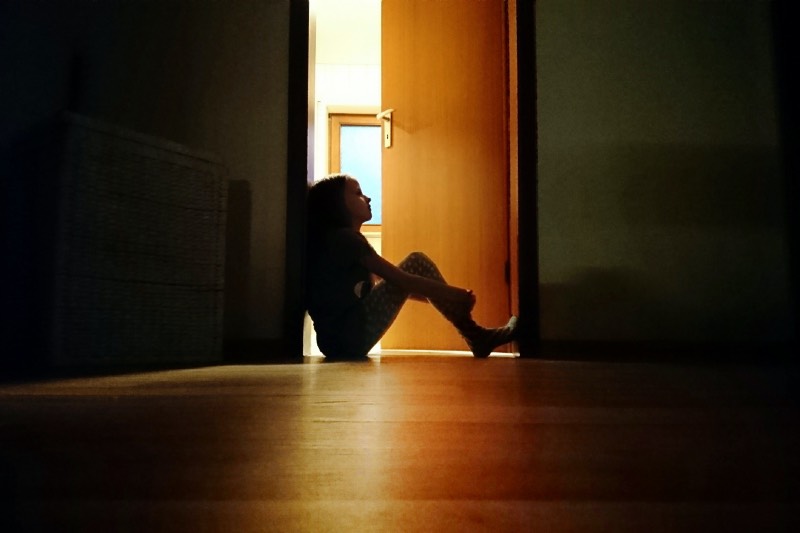
AUSTRALIA
- Barry Gittins
- 01 April 2021
11 Comments
We don’t want to admit the truth of who we are as a nation: there are Australians who are violent toward the people they say they love the most. Living among us are those who take what they want, out of entitlement, privilege and the naked use of power.
READ MORE 
-
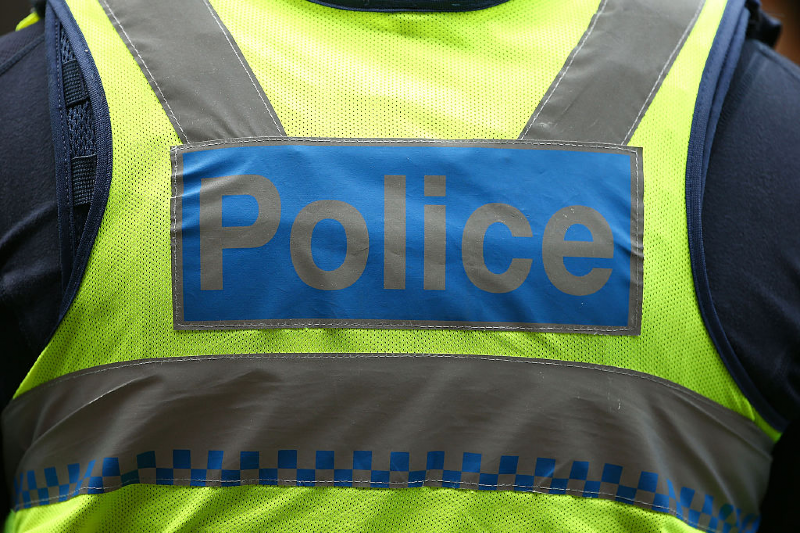
AUSTRALIA
- Binoy Kampmark
- 08 September 2020
11 Comments
The Buhler arrest stirred a range of responses from across the political divide, many troubled. Legal representatives and human rights advocates were similarly disturbed by what they regarded as a lack of proportion and restraint in police action.
READ MORE 
-
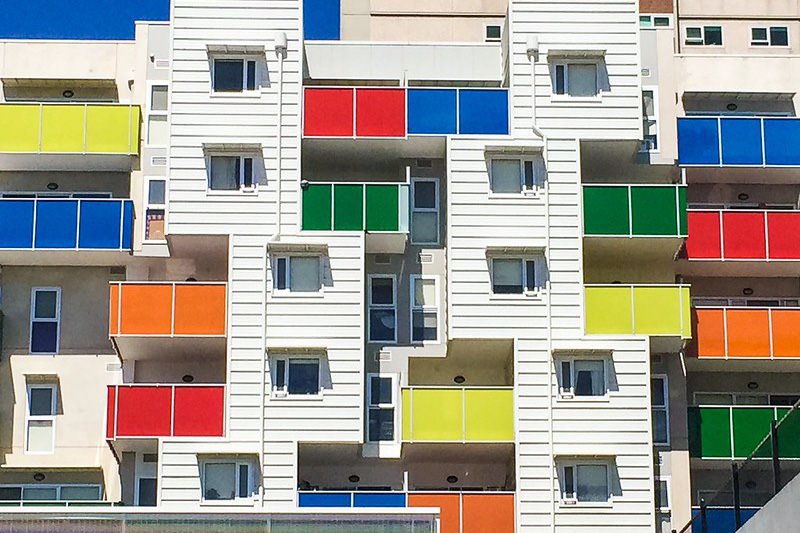
AUSTRALIA
- Dustin Halse
- 30 July 2020
4 Comments
In Australia, we have long boasted of our unparalleled prosperity and strong economic growth. We have championed home ownership and the quarter acre block — after all our home is meant to be our castle. But for too many, the basic human right of having a place to call home remains out of reach.
READ MORE 
-

ECONOMICS
- Bree Alexander
- 09 July 2020
3 Comments
What then, does the case for full employment look like? This is not just an economic question, but too of having access to a decent wage that allows all people to live a decent life.
READ MORE 
-
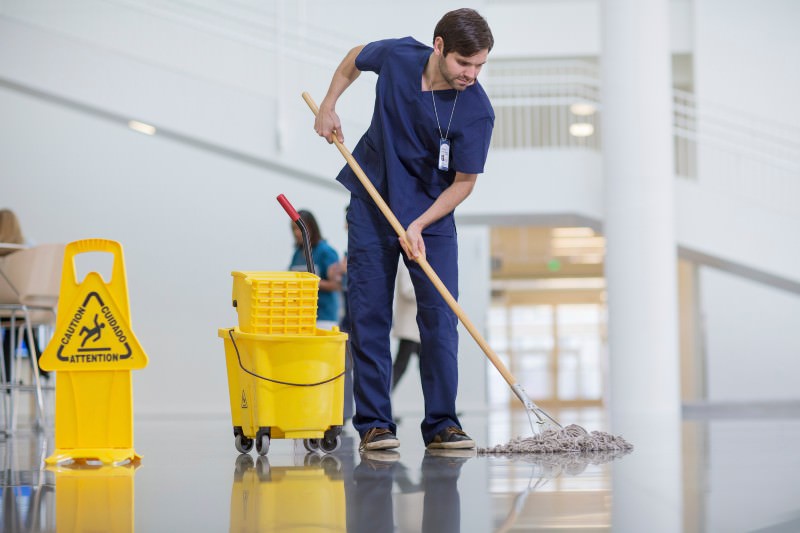
AUSTRALIA
Our frontliners are usually our younger workers. They are the ones trying to pay rent or save a deposit on a house. They are the ones trying to cope with children, the costs of child care and space for their accommodation and play. And yet we depend on them in a crisis like COVID-19, and we pay them less.
READ MORE 
-
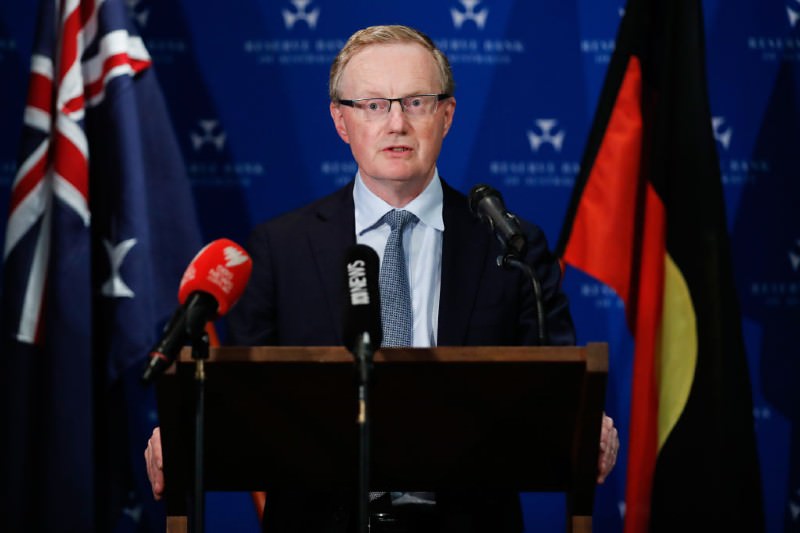
ECONOMICS
To date, most of the Morrison government’s economic packages could best be described as ‘economic welfare’. They are measures designed to limit the impact on the economy of the COVID-19 pandemic. The recovery phase will very much need to be about stimulating the Australian economy.
READ MORE 